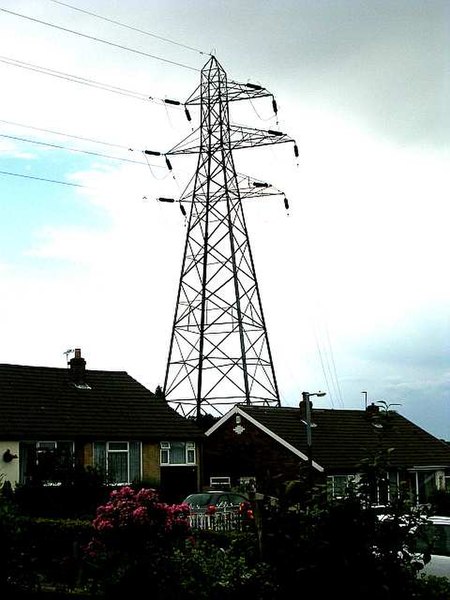
The UK faces a critical juncture in its energy transition as the demand for green energy surges, prompting a call for a £58 billion overhaul of the national grid by 2035.
The Electricity System Operator (ESO) underscores the necessity of this investment, warning that without it, the backbone of the economy could falter.
As the nation pivots towards renewable energy sources such as wind and solar farms, coupled with an anticipated 64% increase in electricity demand by 2035 (and a projected doubling by 2050), the existing grid structure is deemed inadequate. The report emphasizes the urgent need for new connections and expanded capacity to accommodate the shifting energy landscape.
Historically centered around coal-powered systems in Yorkshire, Nottinghamshire, and northeast England, the outdated grid requires radical transformation to efficiently harness energy from diverse sources and distribute it where needed. Currently, bottlenecks in the network lead to wastage as surplus energy cannot be effectively transported.
A key challenge highlighted is the lack of effective storage solutions to manage fluctuations in electricity output. Large-scale batteries and hydro schemes offer short-term fixes, but sustainable long-term strategies are elusive.
Proposals outlined in the report include expanding offshore grids and establishing a new north-to-south electrical spine. Offshore wind farms off Scotland's coast will feed energy into this spine, potentially spanning from Peterhead to Merseyside, serving regions across Scotland and northern England. Additionally, "offshore bootstraps" along the east coast aim to maximize the potential of offshore wind farms in Yorkshire and East Anglia.
While these plans promise significant benefits in terms of reducing energy bills, boosting economic competitiveness, and enhancing energy security, they also face challenges. Local opposition, particularly regarding land-based infrastructure like pylons, could hinder implementation. Thus, community engagement and balancing economic and security needs are crucial aspects of the proposed developments.
Fintan Slye, Executive Director of ESO, emphasizes the importance of ensuring the grid's fitness for the future, underscoring its role as the backbone of the economy. However, timely execution of these plans is imperative, as stressed by Nick Winser of the National Infrastructure Commission.
Renewable energy advocates, including Barnaby Wharton of RenewableUK, welcome the grid overhaul as long overdue. They highlight its potential to create jobs, boost the economy, and drive decarbonization efforts. Importantly, the plan prioritizes community consultations and sets up benefit funds to mitigate environmental impacts and ensure local buy-in. Photo by Betty Longbottom, Wikimedia commons.


































